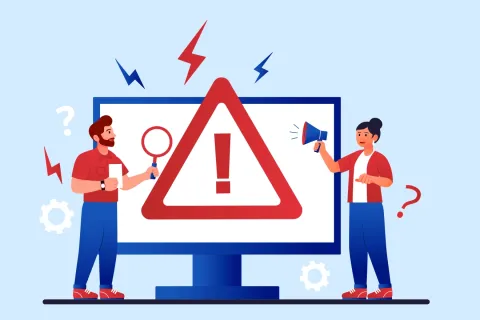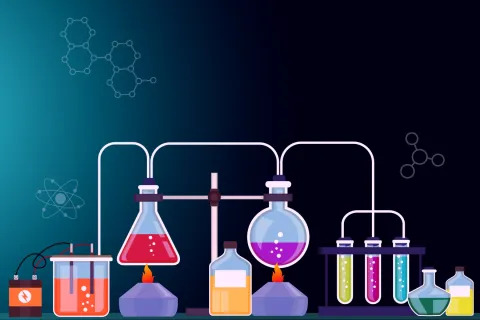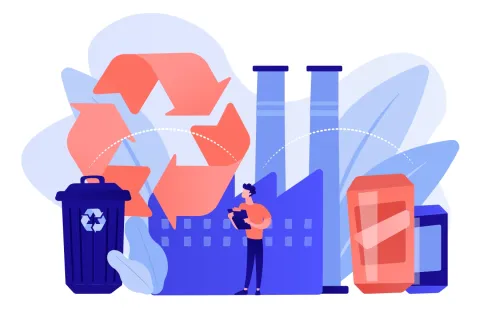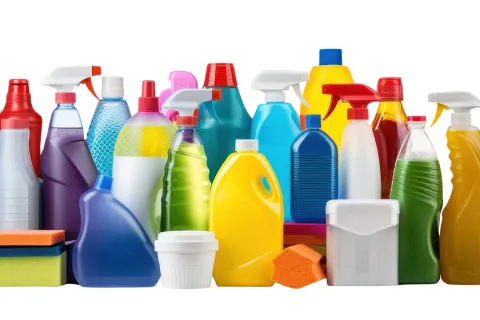
Navigating the Regulatory landscape of chemicals in Japan can be a complex and challenging, especially for businesses seeking to import or manufacture chemicals within the country. In this blog, we shall explore the key aspects of chemical regulations in Japan, with the aim of providing businesses and individuals with comprehensive guidance on how to understand and comply with these Regulatory norms.
Understanding Japan’s Legal Framework for Chemicals
The chemical regulation framework in Japan is primarily governed by three (03) key laws, i.e., the Chemical Substance Control Law (CSCL), the Industrial Safety and Health Law (ISHL), and the Act on Control of Household Products Containing Harmful Substances. These laws regulate the manufacturing, importation, usage, and disposal of chemical substances in Japan and help ensure the safety of both humans and the environment. Let us now understand these laws in detail:
- CSCL: CSCL requires businesses to register new chemical substances and report their use to the government. The law also covers the assessment of existing chemicals and their potential impact on human health and the environment.
- ISHL: ISHL focuses on occupational health and safety, specifically with respect to chemical hazards in the workplace. It obligates employers to provide safe working environments and mandates them to conduct risk assessments for chemical substances used in their operations.
- Act on Control of Household Products Containing Harmful Substances: This legislation addresses the safety of household products that may contain harmful substances. It sets forth requirements for the labeling, packaging, and safety data sheets for such products to protect consumers from potential hazards.
Chemical Substance Inventory
Japan maintains a unique chemical inventory known as the CSCL inventory. Any chemical substance that is not listed under this inventory is considered a “new chemical substance.” Businesses that intend to manufacture or import new chemicals within Japan must submit a “new chemical substance notification” to the Ministry of Health, Labour, and Welfare (MHLW) or the Ministry of Economy, Trade, and Industry (METI) for evaluation and approval.
Chemical Safety Assessment
Japan places a strong emphasis on conducting safety assessments of chemicals. New chemical substances require extensive evaluation to help ensure that they do not pose risks to human health or the environment. This includes examining physical and chemical properties, toxicological data, and environmental impact. Only after receiving approval can a new chemical substance be legally manufactured or imported.
Chemical Labeling and Packaging
One of the most crucial aspects of Japan’s chemical regulations is proper labeling and packaging. Manufacturers and importers must provide clear, standardized labels in the Japanese language, outlining all essential information, such as names of chemicals, hazard classification, and safety instructions. The packaging should be designed to prevent leaks, spills, and other potential hazards.
SDS
Safety Data Sheets (SDS) are mandatory for chemicals used in Japan. They contain detailed information on a chemical’s properties, handling, storage, and emergency measures in case of accidents. SDS must be available in both Japanese and any other languages, if necessary, for the safe use of chemicals in the workplace.
GHS
Japan aligns its chemical regulations with the Globally Harmonized System (GHS), a global standard used for classifying and labeling chemicals in terms of the hazards they might pose to human health and the environment. This system simplifies international trade and ensures consistency in chemical hazard communication.
To sum up, understanding Japan’s intricate chemical regulations is vital for protecting human health and the environment. Thus, businesses and individuals handling chemicals in Japan must acquaint themselves with the key laws, including the CSCL, the ISHL, and the Act on Control of Household Products Containing Harmful Substances. You must stay updated on evolving regulations and ensure that you align with global standards; only then will you be able to seamlessly navigate the Japanese chemical Regulatory landscape successfully and promote safety and environmental well-being.
Consult our Regulatory experts, who can assist you in launching your chemical products in Japan. Contact Freyr today!









